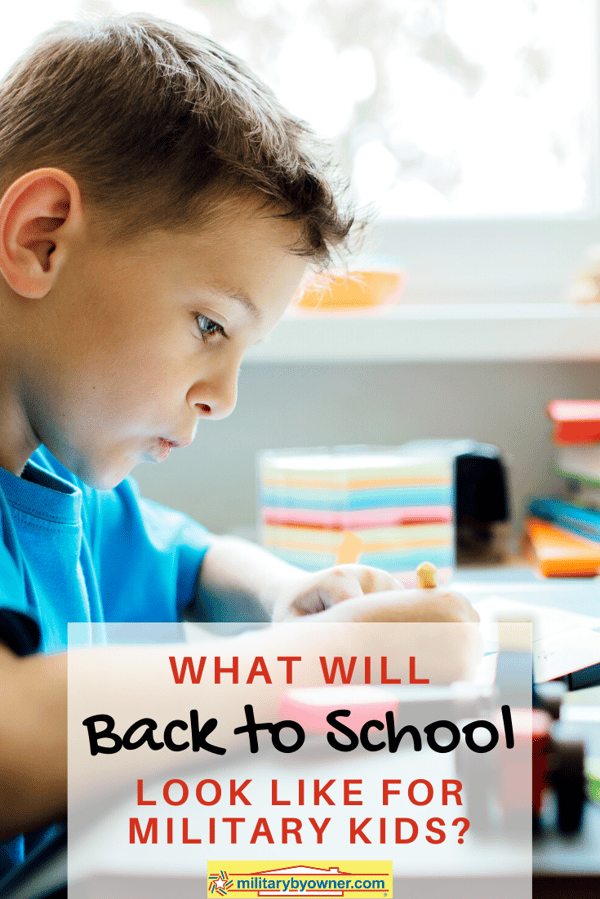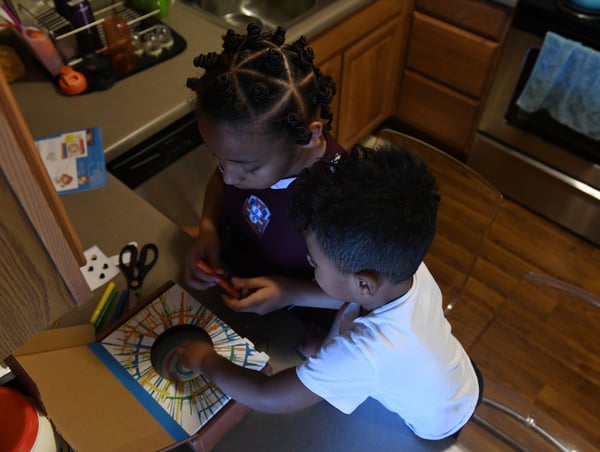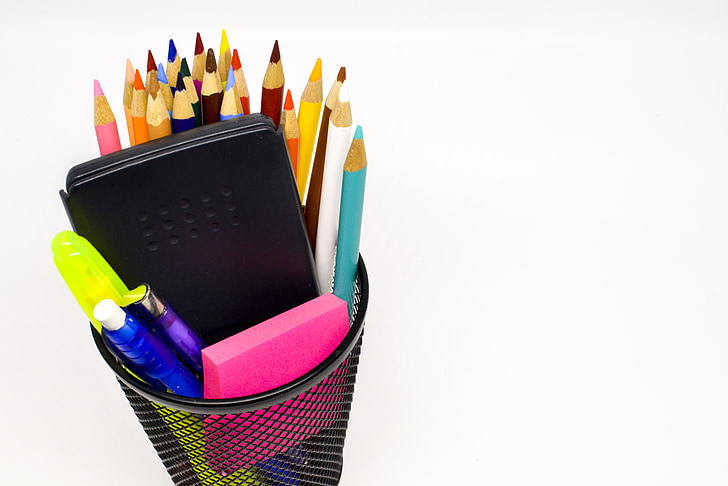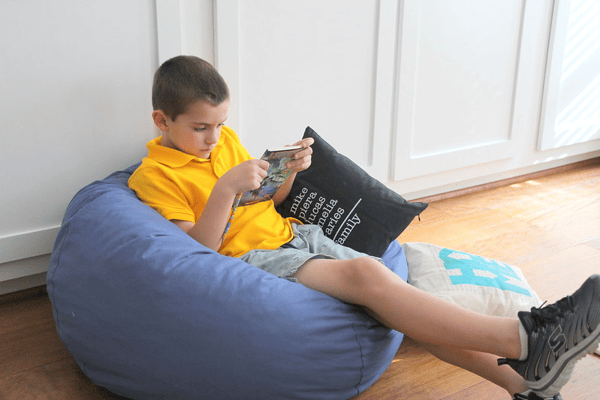What Will Back to School Look Like for Military Kids During the Pandemic?
Military children are set to walk on an uncharted path for the 2020-2021 school year. Public, private, and DODEA schools each have separate guidelines for opening safely, and localities all have different options to execute a safe re-entry, which takes the extraordinary circumstance of a world wide pandemic to the next level, if is there is such a thing.
We won’t recognize what back to school looks like this year. State to state, school district to school district, whether kids are in classrooms or at home, school life is destined to look drastically different this year, not just for the students, but for their entire family.
Strategies for success will also look very different. Not much of traditional school life remains untouched by Covid-19. At the moment, parents are cobbling together all forms of education support: designating a space at home for learning, asking questions of other parents and educational professionals, and learning to manage socially distanced friendships for our children. In short, we’re all trying to find the best solutions for the school year within our extraordinary constraints.
Start here for some practical advice on how to take advantage of non-traditional schooling, create a school work space to promote productivity, and tap into a variety of military and civilian resources to smooth the school year transition.
Back to School for Military Kids in 2020

Prepare Now to Find Support
If there’s one way to get a handle on any portion of the school year chaos, it’s to take control of the few tangible roadblocks to success. In other words: preparation and support. Military families have an amazing ability to dig up necessary resources, especially when it pertains to their children’s health and well-being.
Begin with dialing into your local school district and school board by following their social media. There’s likely the option to opt in for emails or texts. Staying up to date with the news for opening, closing, and re-openings if necessary, will pose a challenge because pertinent information changes daily. You’ll want quick access to of the moment information.
With this engagement, you’ll also understand so much more about the reasons behind the decisions to open or close school buildings. Your school leadership will also have links to important information such as food resources and mental health challenges.
 The children of Airman 1st Class Christina Bennett, a 28th Bomb Wing Public Affairs photojournalist, prepare to make a spin art machine during the Covid-19 pandemic at their home in Box Elder, S.D., March 31, 2020. (U.S. Air Force photo by Airman 1st Class Christina Bennett)
The children of Airman 1st Class Christina Bennett, a 28th Bomb Wing Public Affairs photojournalist, prepare to make a spin art machine during the Covid-19 pandemic at their home in Box Elder, S.D., March 31, 2020. (U.S. Air Force photo by Airman 1st Class Christina Bennett)
By syncing with your municipalities, you won’t miss key dates for laptop pick ups, a drive by introduction to the kindergarten teacher, or the various new and creative ways your school administration is trying to connect with their families. Don’t forget about your Student Liaison Officer in your area. They’re working hard to keep up with the daily school changes military families need to know about.
To fill in the gaps of information and find information that is specific to your child’s school needs, please take a look at a few of these websites. There’s information dedicated to tech support, customized education plans, and individualized learning outside of school.
- MilKids Education Consulting
- Military Child Education Coalition
- National PTA Covid-19 Resources
- Military and Family Life Counseling Program-Military OneSource
- Microsoft Distance & Remote Learning
- Google Teach from Anywhere
- Tutor.com Military
Tips from a Professional Education Advocate
After years of accumulating experience as an education professional, mother and military spouse Meg Flanagan sensed the urgent need for advocacy within the education community she worked in each day. Today, her successful business supports families as they navigate the intricacies of everyday school life, special education, and the military lifestyle.
This year, she’s diligently working to help families find new ways of coping with learning during the pandemic. She’s offered these tips as a guidelines to craft a successful school season.
- Parents should be prepared to closely review all paperwork/communications coming home from school. This is especially true for children with IEPs and 504 plans.
- Advocate for what your child needs. If asynchronous learning is better, ask for that. If small group Zooms are better, ask for it. Virtual learning is flexible and fluid, giving everyone the chance to shape it to fit unique needs.
- Lean into the educational flexibility that virtual learning offers. Try new things! Be outside, take walks, create, everything can be educational.
Meg not only is an educational advocate, but has years of experience teaching. From this point of view, she asks parents to support their teachers as much as possible. She says,
“Teachers love to be in the classroom. It’s where we thrive! Schools that are going fully online aren’t doing it because teachers like working from home. It’s for the safety of kids and adults during a health crisis. Online teaching is just as much work as in-person teaching, just with more tech glitches. Be ready for things to go awry, and support the teacher as they work to get back on track.”
Building a Learning Environment at Home
Parents have to start with the knowledge that there is no one size fits all solution for creating a school work space, especially for families with multiple students or those who are single parents. The variations in needs from grades K to 12 are just too vast to encompass in one area, coupled with the fact that each student learns differently.

Start simply with plenty of comfort factors such as a chair and desk at the perfect height and possibly with a pillow for support. Nearby, sort important supplies in fun containers for quick access. As the days and weeks move on, react to specific needs and build in organization and technology upgrades.
Multiple learning zones are normal in traditional homeschooling. Consider setting up one or more of these spaces to invite productive learning. If a dedicated room is not available, these options can be scaled to fit small spaces.

- A table and chair serves the traditional purpose for writing and collaboration online via laptop.
- An over-sized bean bag chair in a sunny corner establishes the all important reading nook.
- A schedule center, complete with dates, times, and subjects all mapped out in a strong visual presentation is helpful to stay on track.
- A school supply zone corrals supplies and assignments. An over the door shoe organizer or specialty drop down organizer handles this task well.
- Continue to check in with other parents and teaches for school hacks that are working for other students. Something as simple as computer charger with a longer cord, or moving the desk away from a window and distracting street scenes can make a world of difference.
Take Advantage of Military Life Skills
As families struggle to start the new year, it’s important to remember the past successes your child has conquered by managing adversity in the past. Military kids are more adept than most for meeting the challenges of uncertainty, as they are asked to move, enter unknown schools, and establish new friend groups regularly.
Military families have the advantage of previous experience to learn from, and strong resources to count on for beating a PCS educational slide, which looks very similar to the strains of temporary learning at home or in an unrecognizable school setting. Most of all, military kids are in tune with the fact that many circumstances in life are temporary, which provides hope for the future, as we all wait for a return to a world that looks a little more familiar.
For more help with a school transition, subscribe to MilitaryByOwner’s blog! We regularly cover military life and family topics, including choosing schools and tips for acclimating to a new neighborhood.










